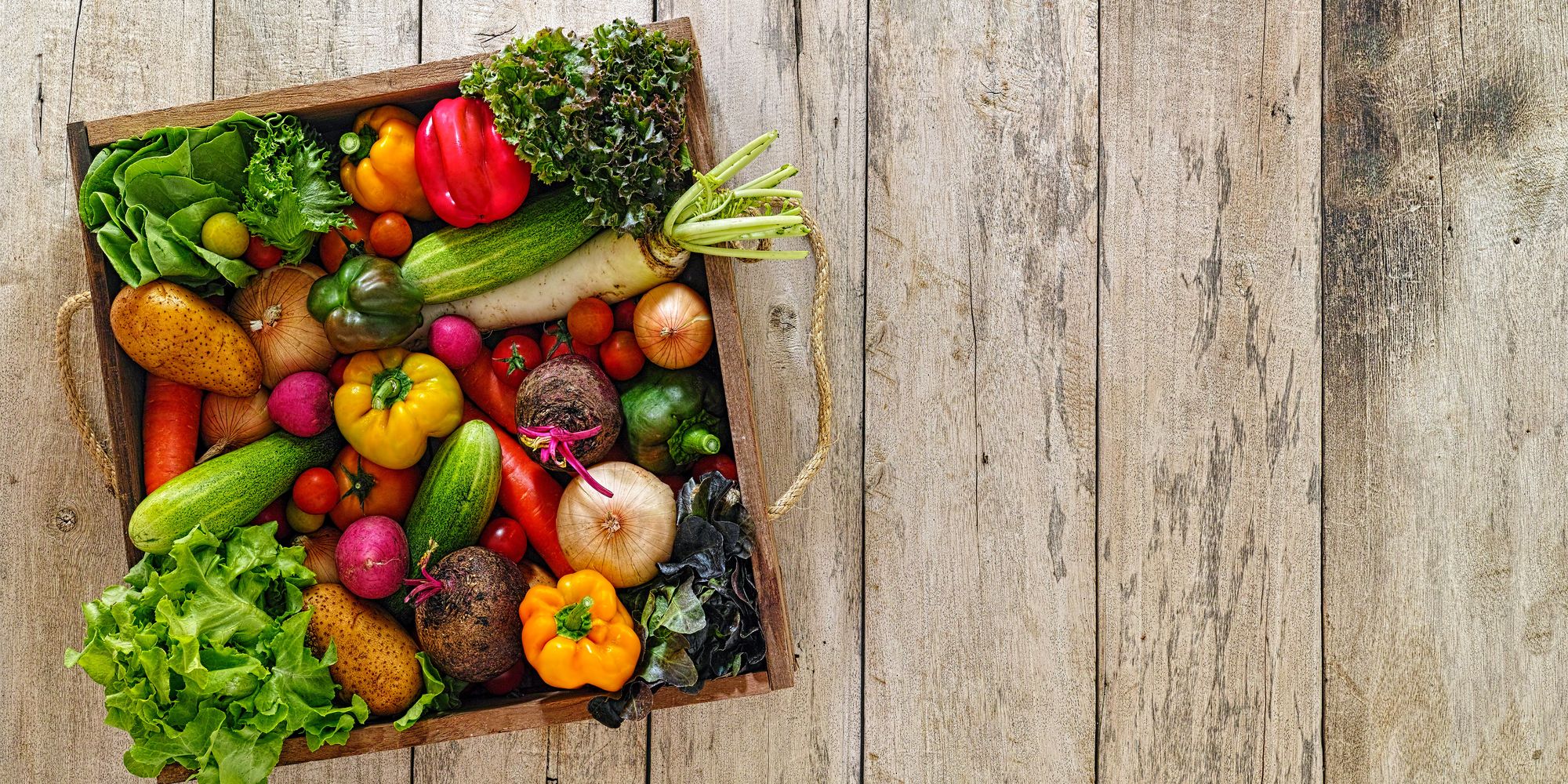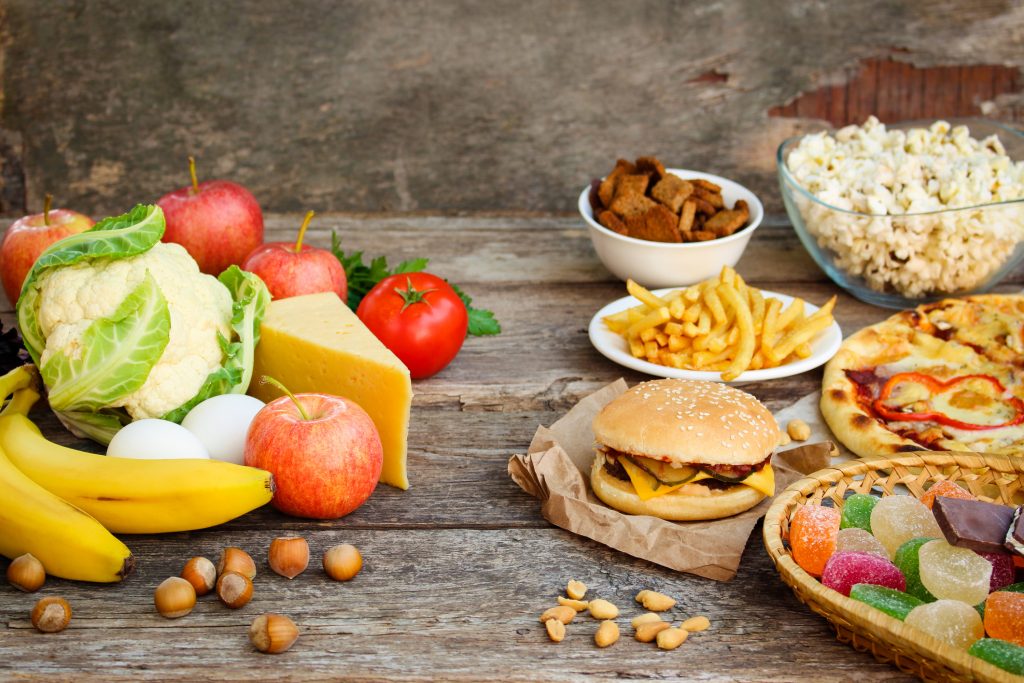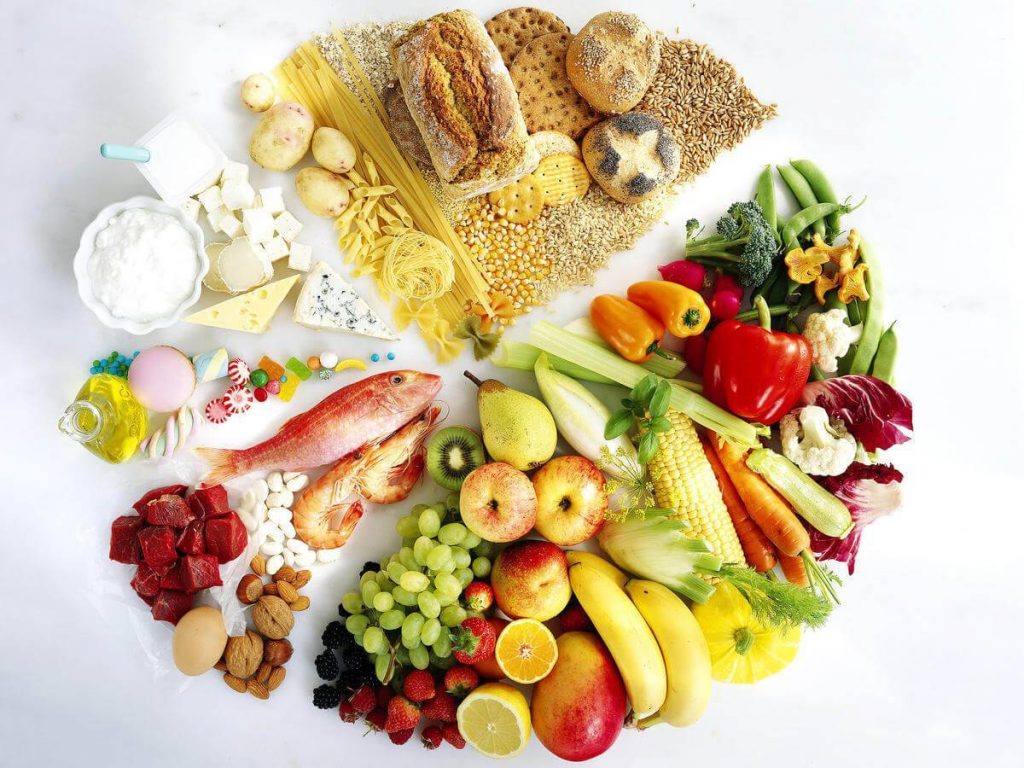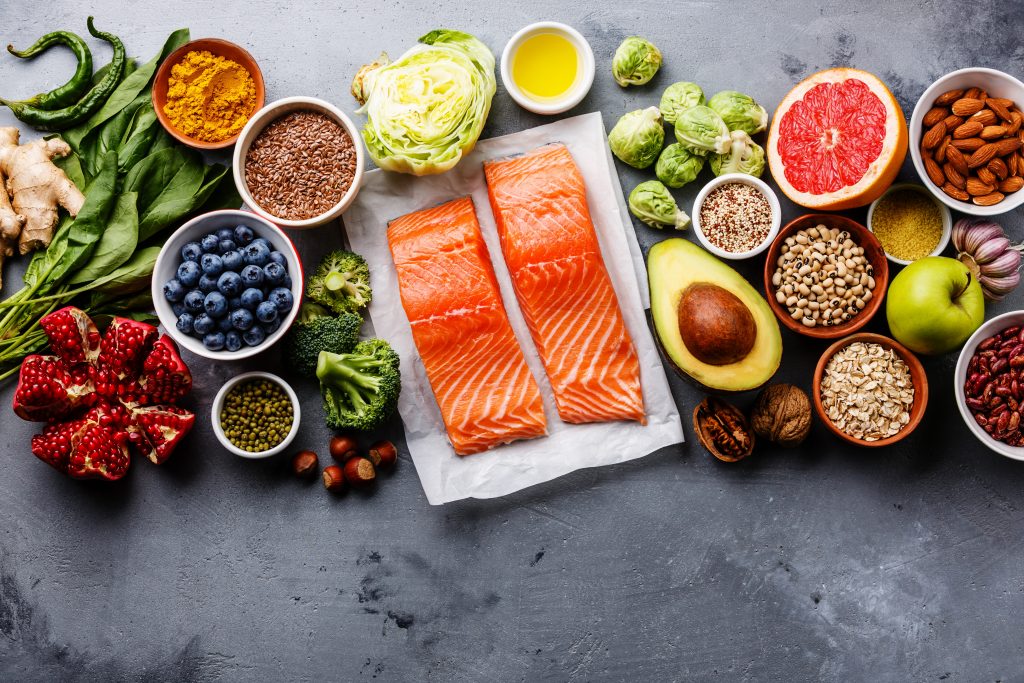In the bustling aisles of modern supermarkets, there’s a growing section that stands out, both in color and in ethos – the organic section. With a significant surge in health consciousness, more and more people are turning towards organic foods. But what exactly does “organic” mean, and why is it considered better? Let’s delve deep into the realm of organic food https://greenelly.com/.
What is Organic Food?
In simple terms, organic food refers to the way agricultural products are grown and processed. They are produced without the use of synthetic chemicals like pesticides, herbicides, and artificial fertilizers. Instead, natural methods, such as crop rotation and composting, are employed to sustain soil health.
The Nutritional Edge
Rich in Nutrients: Studies have shown that organic crops often have a higher concentration of essential vitamins, minerals, and antioxidants than their non-organic counterparts.
Free From Harmful Chemicals: Organic farming avoids using harmful pesticides and fertilizers, reducing the chances of residue on the final product. This means what you consume is closer to its natural state.
Non-GMO: Organic foods are genetically non-modified, preserving the natural genetics of the food we consume.
Taste the Difference
Many people claim that organic food tastes better. Without the use of synthetic chemicals and growth hormones, organic fruits, vegetables, and grains grow at a natural pace, giving them time to develop a richer taste.
Beneficial for the Environment
Organic farming is not only good for us but also for our planet. It reduces pollution, conserves water, reduces soil erosion, increases soil fertility, and uses less energy. Furthermore, it’s better for nearby birds and animals as well as people who live close to farms.
A Step Towards Ethical Eating
When you opt for organic meat, poultry, eggs, and dairy products, you are consuming foods from animals that haven’t been given antibiotics or growth hormones. This implies a more humane approach to raising animals and a rejection of practices that focus purely on yield at the expense of animal welfare.
Conclusion
Choosing organic is not just a dietary choice; it’s a lifestyle one. While they might come with a slightly higher price tag, the benefits they offer – both health-wise and ethically – make them worth every penny. Next time you find yourself in the grocery store, think about the larger impact of your choices and consider giving organic foods a place in your basket. They’re a testament to the idea that nature, in its purest form, is both our best farmer and our best chef.


